European Parliament and Council reach agreement to make toys safer

The use of chemical substances that are carcinogenic, can mutilate genetic material, or can affect reproduction remains prohibited, but chemical substances that can disrupt hormones or pose dangers to the respiratory system or certain organs are now being added to that list. The use of PFAS in toys must also be banned, it is stated.
Furthermore, every toy will need to have a digital product passport to allow inspection and customs services to easily check whether and how it complies with the relevant legislation. This should make toys that are purchased online and imported from outside Europe safer.
The new law also aims to protect children from the mental health risks of interactive toys that use artificial intelligence. Manufacturers must pay extra attention to this in their safety checks. The EU is also imposing stricter noise limits for toys.
According to Belgian Member of the European Parliament Sara Matthieu (Green), who negotiated the law in the environment committee, the protection comes none too soon. Children often put toys in their mouths, and toys wear out, causing harmful materials to end up in household dust. “Children who crawl a lot can ingest the chemicals in this way,” she says. With the extra checks on toys with artificial intelligence, the vulnerabilities of children are also taken into account, she adds.
She also points out that toys from cheap online stores like Shein and Temu often do not meet European safety regulations. Despite the strict checks by customs and the Federal Public Service Economy, a lot of unsafe toys still slip into Belgium: as many as 37 million packages per month that must be checked by just 170 customs officers. With the new product passport, “we can ensure that all toys that pose no health risks to our children end up on our shelves,” says Matthieu.
What's Your Reaction?
 Like
0
Like
0
 Dislike
0
Dislike
0
 Love
0
Love
0
 Funny
0
Funny
0
 Angry
0
Angry
0
 Sad
0
Sad
0
 Wow
0
Wow
0






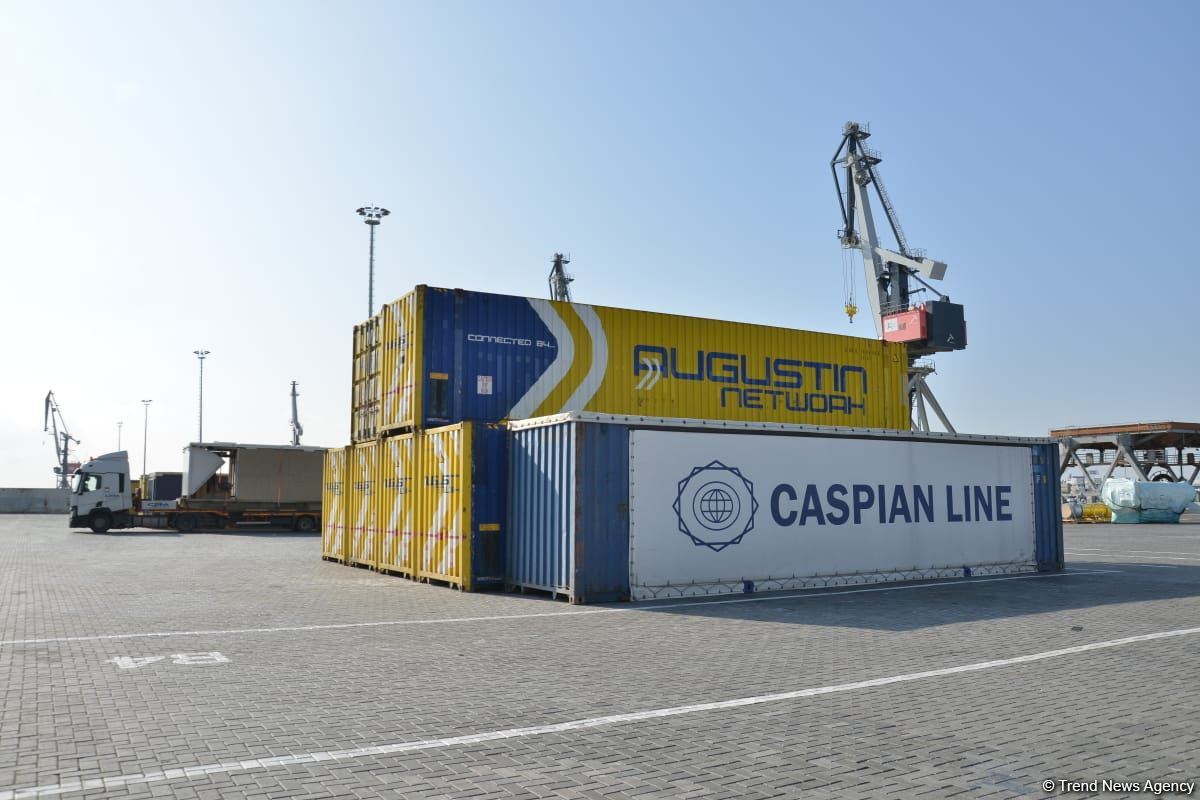

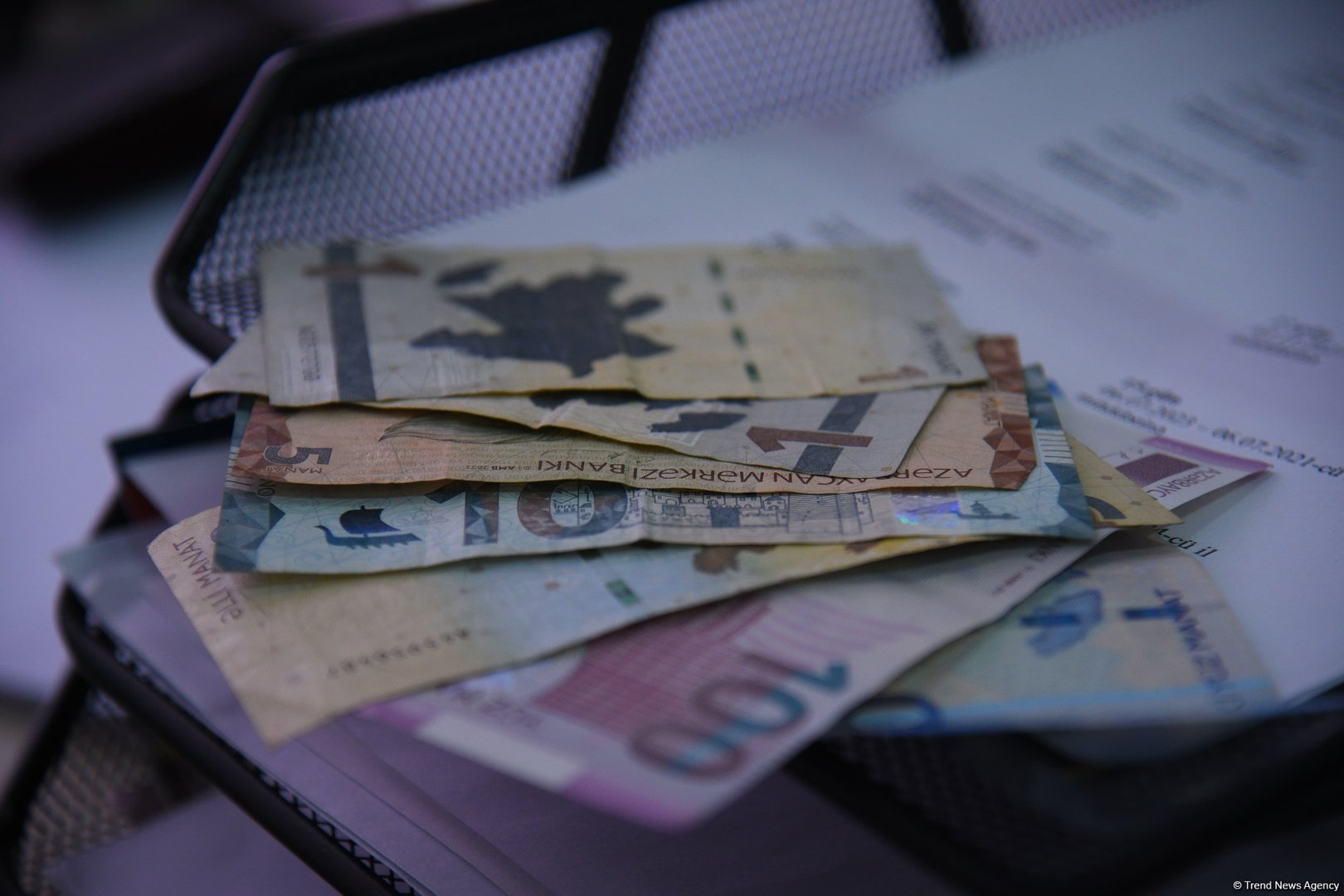




































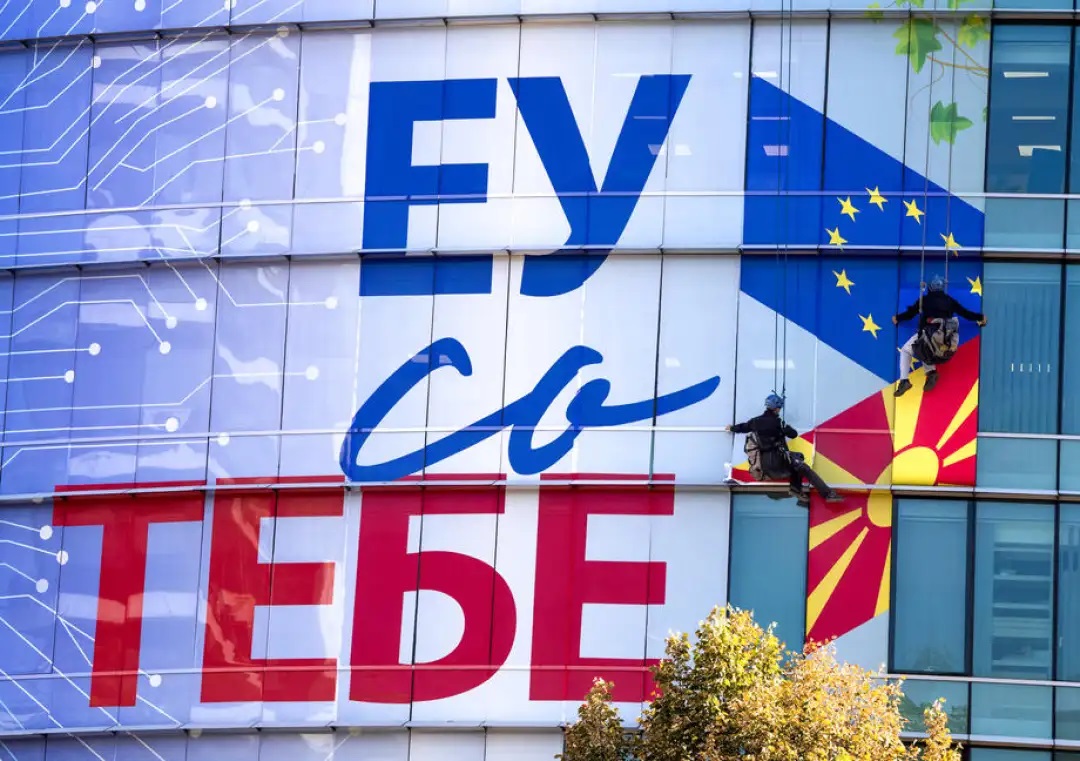


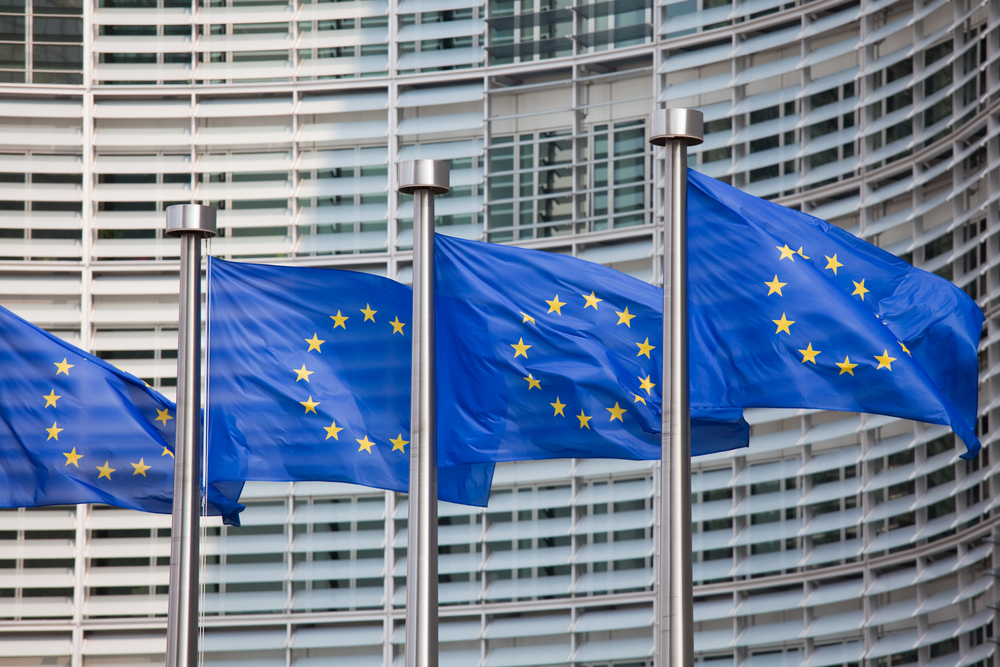
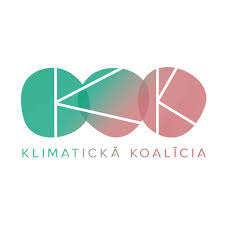


.png?Expires=1838763821&Key-Pair-Id=K2ZIVPTIP2VGHC&Signature=IO0~CT3pU-TcxGc~yoZSmoQx23MZVuK-~4jSii~NKEblRmyO3el7NXPu~Rh1o23voASg7hlcHLw4kvQuDK1jssEhcjoNBBvEpZ~GGOAU6yosBhpHpeF179F~h7i6VxmsBNh9gtTutkoqY73O2YCFey~IAqSzKbBqETP1kP9cAg1916Z1YkJJs-5MliMrkZ5d7-mWGLbpHp2wGj2VlMph8XzYlL4~y1O7fB~JdIS~Rs4RMRs2x0WT1qUIpHAsf3GdwtOyAmKFSpIg8xCyNGZZ5h~13nXlmpd7uPvW8tBfttpG9pFTqcway-uch5WyfHOEfi7UlJCOWrr6fCYY5PMgSg__)







